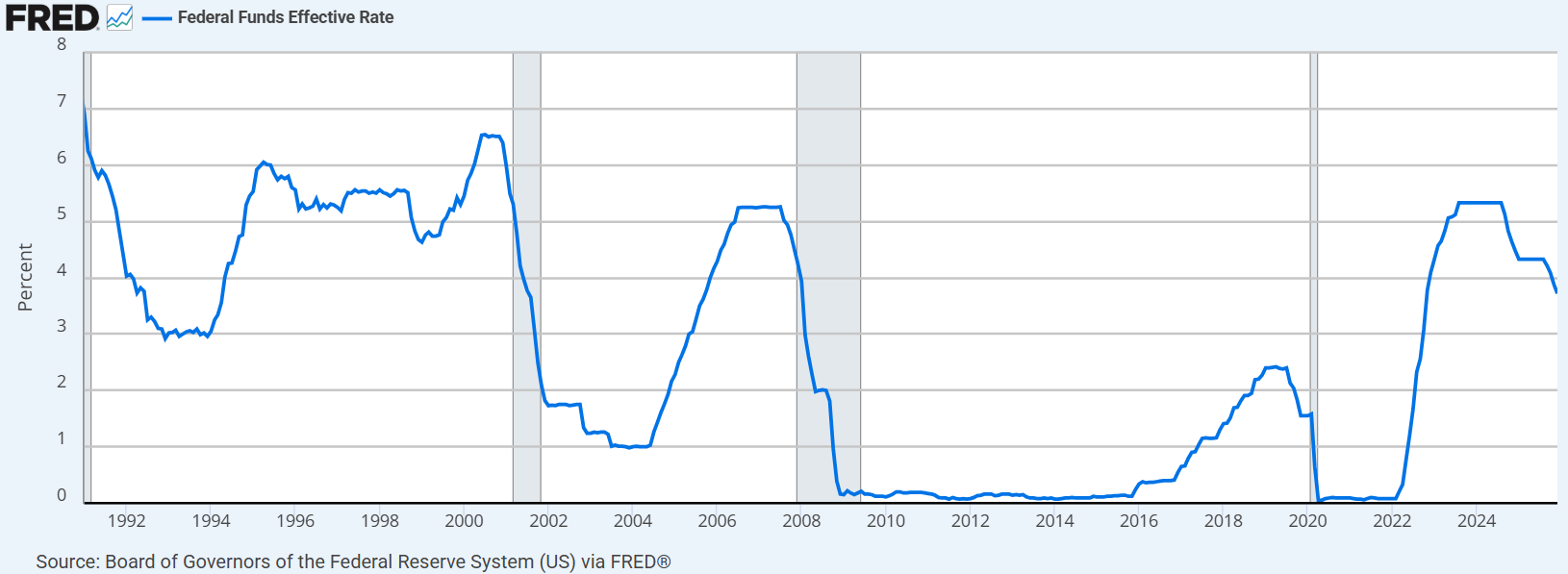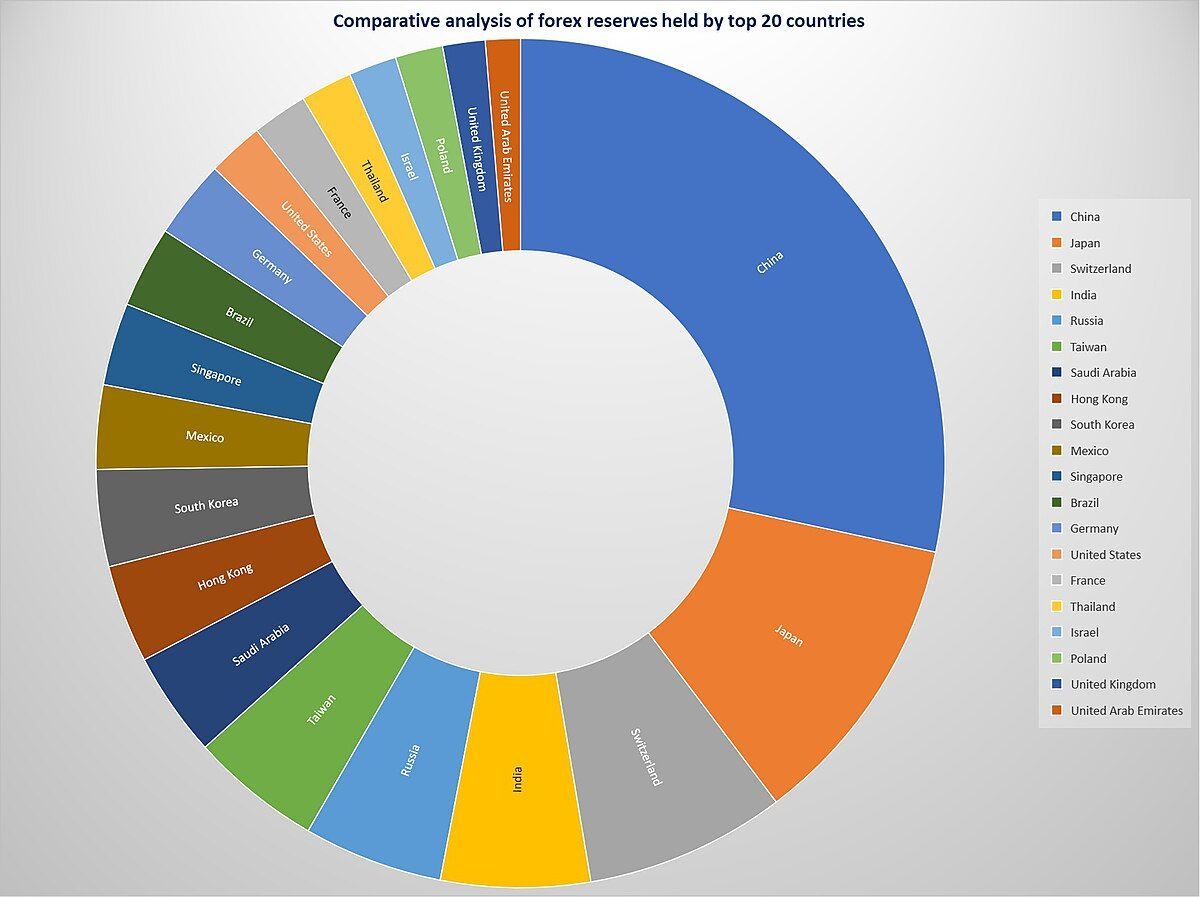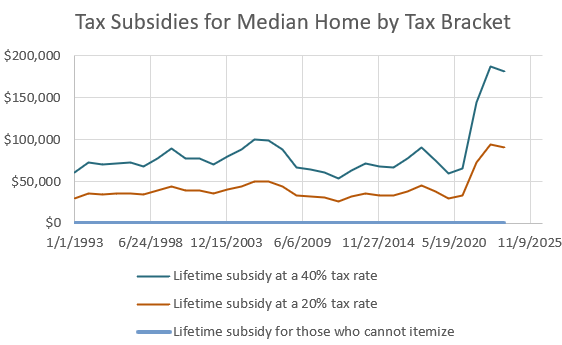Colin Read • February 26, 2022
Invasion Inflation, February 27, 2022
This has been such a tragic week for humanity. USSR President Putin waited until the day after the Olympics ended to invade a peaceful nation so he would not upset China’s leader Xi. Putin has few friends left, and can’t afford to lose any of them.
I labeled Putin the USSR president because he clearly resents the inglorious decline of his former empire, and appears to be trying to resurrect the Iron Curtain, one peaceful nation at a time.
Of course, this is all about power, and energy.
Putin pines for power. He is the consummate politician who sees to enjoy demonstrating he is the toughest person in the room, not the smartest, nor the most literate, or even the most popular. He’ll settle for the most fearsome.
We are seeing now that he has attacked a people who are peaceful and proud, if perhaps democratically disorganized. Ukraine is an ally to Europe and the United States. It probably regrets not making faster progress toward European Union and NATO membership, but its new democratic system is in its infancy and the political pendulum still shifts wildly. The invasion has brought a whole new sense of cohesion, though.
The world’s response to war games with a hundred thousand troops surrounding Ukraine was nonchalant. The news of Russian intrusion brought forward some warnings. Once it was clear that Eastern Ukraine was invaded, some somewhat feckless sanctions were imposed, with the theory that we use with our children. Punishment should escalate, from warnings, to time outs, to, in the olden days, a spanking.
Nobody wants to spank Putin. But, the deterrence desire of graduated punishment doesn’t work when there is no behavior left to deter.
At that point, punishment is designed to inflict pain. At that point, as any parent knows, punishment becomes equally painful for the adult in the room as it is for the petulant child, and perhaps even more painful.
Our pain will be in inflation. The price of oil has slipped up over $100 per barrel, from $70 a few months ago. Russia is an oil-exporting nation, and oil is a commodity with many buyers willing to defy sanctions, if the price is right. Iran has successfully sold oil for years, mostly by establishing a few trading partners. Certainly China needs Russia’s energy, and what Russia may lose in other sectors it may well make up in oil, their largest export, by far.
Europe too is fearful of a cutoff of supply from Russian natural gas. They are willing to impose sanctions that prevent the purchase of Russian goods and resources so long as it doesn’t hurt. Italy was concerned about its ability to continue to sell its luxury goods to Russian oligarchs craving Lamborghinis and Gucci shoes. They harbor provincialism at least up to the point that they begin to fear what domino falls after Ukraine.
Foreign policy is best conducted with a clear eyed view of what could happen next, not with a hope that consistently bad behavior will suddenly stop. Europe depends on Russian natural gas, and Russia even built another Nord 2 pipeline so that its gas can bypass the Ukraine and the royalty payments Ukraine earns.
Well, doing the right thing often hurts. But, the US and Canada can alleviate some of the pain. One liquid natural gas (LNG) ship a week from North America can satisfy Europe’s loss of Russian gas. That rate is significant, but US and Canada supplies can meet that goal.
What all this means for us, though, is higher energy prices, either way. $4 and $5 gasoline is on its way. But, so are electric cars, offshore wind, and, hopefully, with the removal of tariffs on China-made solar panels, accelerated solar energy installations.
We would have been better off if only we had passed Biden’s second infrastructure bill that highlighted sustainable energy. Perhaps better yet, we could have passed Biden’s sustainable energy initiatives, and more, in a separate bill that developed a national energy policy. It’s not too late, but now the real world has intervened and distracted our attention.
I recognize the irony of selling natural gas to Europe when we should all be moving off fossil fuels. Germany decided to close its nuclear power plants following Fukushima and citizen outcries. That decision may look like a bad idea now, but our reality is that Europeans need to heat their homes for the next couple of years until they can more successfully transition to sustainability.
Selling our fossil fuels to Europe is also costly for our consumers. Two or three hundred dollars more on our energy bills, higher cost for our transported produce and grocery items, and the effects on our industry will all lead to higher inflation at a time when inflation is already at a forty year high.
The Federal Reserve will raise interest rates, by all indications, to combat inflation, and this too will act as a drag on our economy. We will pay a price for actions thousands of miles and oceans away.
I am willing to pay a high price for freedom for others, and for the principle that doing the right thing is often not the path of least resistance. I realize many may not. But, this country fought a war over democracy, as did many European countries. When we have averted our eyes from injustice, history shows it breeds more injustice until we can no longer turn away. The short term economic pain we must pay is dwarfed by the long term pain our economy pays when we fail to do the right thing.
I hope we can put aside provincial interests and unite to defend Ukraine. This country has given Israel the military equipment to defend itself against rockets and fighter jets. Such purely defensive tools may dissuade a powerful nation from picking on the powerless, but without empowering the powerless to invade others.
Better yet, the United Nations can stand for something as straightforward as sovereign borders, without fear of a veto from one of the nuclear-armed nations. If this doesn’t warrant UN action, I am unsure what would.
Perhaps the best response is to recognize we must all coexist. Our economies should interdepend to the point hurting each other hurts ourselves. Then, we must be prepared to accept some economic pain. The saying ‘this is going to hurt me more than it hurts you’ is perhaps true in the short run. But, in the long run, all of our economies function better when we acknowledge we can’t just take what we want. Instead, we must respect economic and geographic sovereignty.
Meanwhile, hold your horses. This will be a wild economic and political ride, something for which we should have been better prepared.









